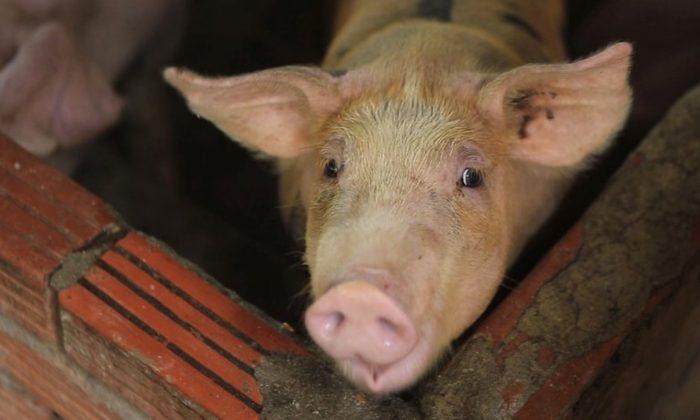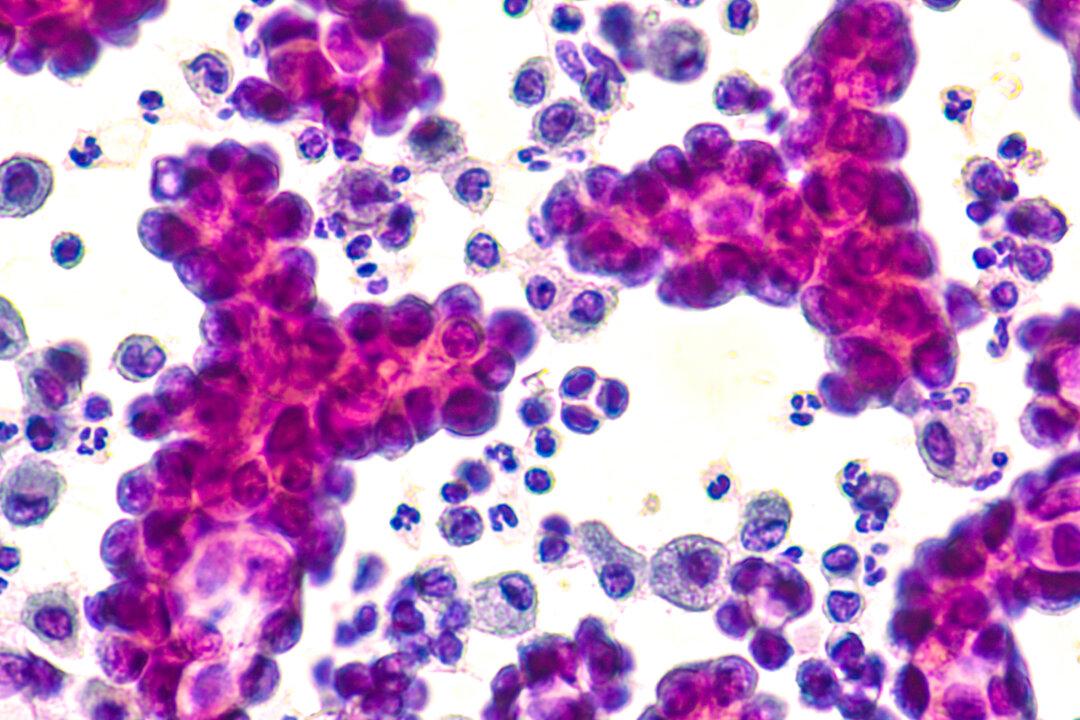The Australian government will invest $8.4 million over the next four years into preventing, detecting, and mitigating the impacts of emerging animal diseases, including those with potential to become a pandemic.
Minister for Agriculture David Littleproud on Monday announced the significant new initiative aimed at supporting the country’s wildlife health and early warning capabilities.
Currently, there are an estimated 1.7 million undiscovered viruses in mammals and bird hosts. Many of these viruses exists in the wildlife and are evolving into different variants which pose an unknown level of risk to humans, animals, and ecosystems.
“COVID-19 has brought into sharp focus the importance of recognising and managing emerging zoonotic disease risks which can originate from wildlife,” Littleproud said.
“That’s why we are taking a ‘true One Health’ approach, that recognises the interdependencies of human, animal, and environmental health, which is essential to preventing future pandemics.
“This program positions Australia as a world leader of the global transformational change agenda aimed at preventing future disease risks emerging from the human-animal-environmental interface,” he said.
Minister for Health Greg Hunt said the COVID-19 pandemic has underscored the importance of taking a practical “one health” approach to prevent zoonotic events as a way of preserving global public health.
“The world is undergoing transformative change aimed at preventing future pandemics which are an ever-present risk,” Hunt said.
“Strengthening Australia’s national surveillance at the human-livestock-wildlife interface will not only provide early warning of emerging disease risks in Australia but will put us in good stead to influence global reform along these same lines.”
The government will be partnering with Wildlife Health Australia (WHA) which will lead the delivery of the program, maximising its already extensive surveillance networks across the country to expand investigation and analysis capacity of wildlife disease events.
The initiative will involve the establishment of a One Health Investigation fund to be administered by WHA, which will boost support for thorough field, laboratory, and epidemiological investigation into selected wildlife disease events.
The fund will also aim to officially partner WHA’s research within Australia and the Indo-Pacific region with the World Organisation for Animal Health.
In conjunction with this announcement, the federal government on Tuesday has provided for an additional $601,500 to the AUSPestCheck plant pest surveillance virtual coordination centre.
The coordination centre collects and displays national plant pest surveillance data but and now has expanded for national animal disease surveillance as well.
Australia is forecasted to reach a record of $78 billion in the 2021-22 period. The database aims to keep plant pests and animal diseases in check and alerts when target pests and diseases increase above a threshold or move into a new area and also surveillance for plant pests and animal diseases.
On the same day, the government is also putting aside $205,000 to aid Papua New Guinea’s recovery from African swine fever (ASF) outbreaks since 2020, and $180,000 to boost Timor-Leste’s biosecurity after the ASF outbreak in 2019.
The disease is highly deadly and contagious, although it is not a food safety issue and cannot be transmitted from pigs to humans, the virus affects both domestic and feral swine of all ages.
“In Timor-Leste, around 72 percent of urban and rural households keep pigs. About 600,000 households in the PNG highlands rear nearly 1.8 million pigs, producing some 27,000 tonnes of pig meat annually,” Littleproud said.
The ASF virus currently has no effective vaccine and can survive for long periods in uncooked, frozen, or cured pig-meat product. In contaminated pig pens, it can persist for at least 30 days. The disease is spread primarily by close contact between pigs
ASF normally does not occur in Australia but is present in neighbouring countries such as Timor-Leste, PNG and is widespread throughout Asia.





